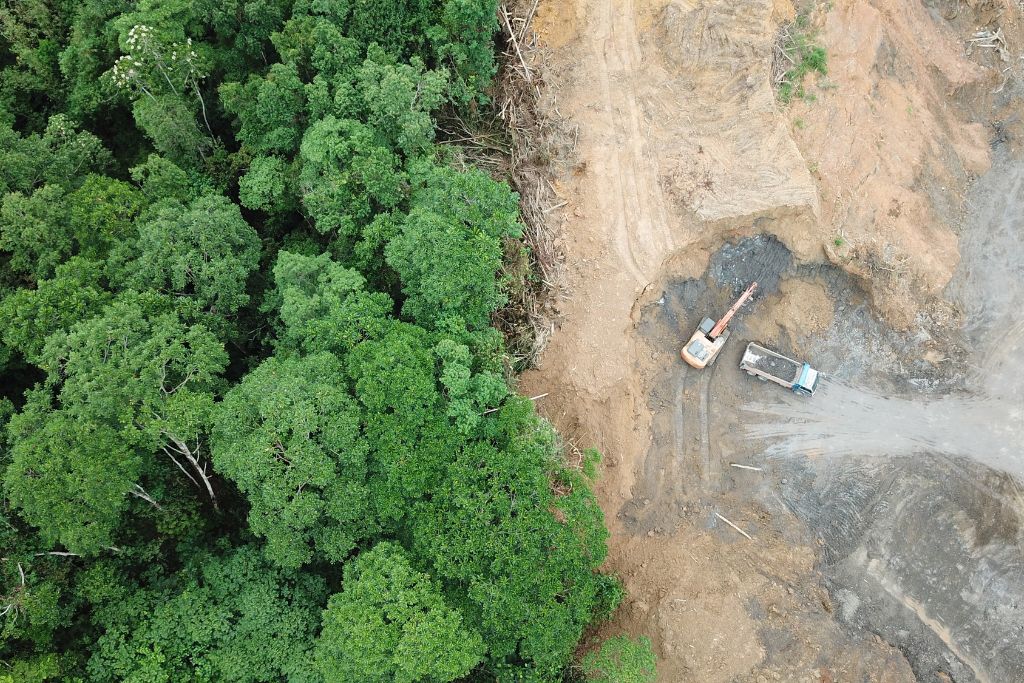26 countries announced billions of dollars in additional financing on Monday to meet the pledge made at COP26 in Glasgow to end deforestation by 2030.
—
On the second day of COP27, 26 countries launched the Forest and Climate Leaders’ Partnership (FCLP), a voluntary partnership to accelerate momentum to halt and reverse deforestation and land degradation by 2030. Together, these nations account for roughly 35% of the world’s forests.
World leaders including EU Commission President Ursula von der Leyen, UK’s new Prime minister Rishi Sunak, and the leaders of France, Ghana, Congo, Colombia, and Germany, joined the FCLP’s first meeting. This occurred precisely one year after more than 100 countries, representing 85% of the world’s forests, pledged to end and reverse deforestation by the end of the decade in a historic declaration at COP26 in Glasgow. They also collectively agreed to invest US$19.2 billion worth of private and public funds in projects aimed at halting forest loss and restoring the planet’s green lungs.
You might also like: 10 Deforestation Facts You Should Know About
Progress since has been fairly slow, with just a few nations instituting more aggressive policies on deforestation and financing.
A study published ahead of Sharm El Sheikh’s summit suggested that, despite slower forest destruction rates throughout 2021, the vital goal set out by the Glasgow Deforestation Pledge will be missed without urgent action. Moreover, according to the report, funding for forests “will need to dramatically increase – by up to 200 times – to meet 2030 goals.”
In an effort to hold each other accountable, the new group’s member countries will meet twice a year to track progress. They also announced billions of dollars to finance their efforts.
Germany said it would double its financing to Є2 billion (US$1.97 billion) through 2025, while Colombia’s President Gustavo Petro announced $200 million annually for the next two decades to save the Amazon, the world’s largest and most important rainforest.
“This partnership is a critical next step to collectively deliver on this promise and help keep the goal of limiting global warming to 1.5C alive,” said COP26 President Alok Sharma in a statement.
While saving forests is a crucial step in the race to net zero, the United Nations has warned that countries pledges relying exclusively or for the most part on reforestation to cut down emission generation are not feasible. Offsetting global emissions through the expansion of forests, a recent report has found, would require planting trees over equivalent to 1.2 billion hectares (about 3 billion acres), an area greater than the size of the US. While nature-based projects have immense benefits, the long-term target can only be met by halting fossil fuel production worldwide.
You might also like: World Is Not On Track to Meet Global Deforestation Pledge Goal by 2030: Study


















